The Canadian School Boards Association (CSBA) and University of Regina’s Faculty of Education are pleased to announce a new $93,450 research agreement, in which the Faculty of Education will conduct research and provide deliverables for Phase 2 of the CSBA’s anti-racism strategy.
“Systemic anti-racism is a fundamental priority for the CSBA and its member organizations,” states CSBA President Laurie French. “Review and revision of policies, including organizational structure and procedures, has enormous potential for permanent change to set direction and expectations for local school systems as a component of this work. We are pleased and impressed that improving equity, diversity, and inclusion is unanimously supported by the Board of Directors on behalf of their local school boards, and we are very grateful to be led and supported by the exceptional team at the University of Regina.”
The CSBA has completed Phase 1 of an anti-racism strategy which included self-assessments of the CSBA Board of Directors and a review of CSBA Policies. Phase 2 will include:
- Developing a plan for implementing Phase 1 policy recommendations;
- Developing equity, diversity and inclusion self-assessment documents for member associations and their respective school boards in communities across Canada;
- Launching a national campaign to increase the diversity of locally elected school boards; and
- Creating governance and trustee learning modules to increase awareness of the systemic racism in Canada that continues to disadvantage students and families who are Indigenous, Black or otherwise racialized.
“In response to the momentum around acknowledging and seeking to address systemic racism in Canadian society, the Faculty of Education — whose commitments are fundamentally grounded in the belief that schools can be incubators for truly just and pluralistic societies – is grateful to be able to partner with the Canadian School Boards Association,” says Dr. Jerome Cranston, Dean of the Faculty of Education and principal investigator for the research project.
The project will be supported by the newly formed Centre for Educational Research, Collaboration, & Development (CERCD), which was established, according to Dr. Andrea Sterzuk, Director of the CERCD, “to support educational researchers and research communities in conducting educational research and development projects that are meaningful to, and serve the needs of, diverse communities in local, provincial, national, and/or international contexts.”
The project is in alignment with the stated objectives of both the CSBA and the Faculty of Education. The CSBA states that it is “committed to promoting equal access opportunities for all students … by working to remove systemic barriers, address racism and adopt an intentional approach to equity, diversity, and inclusion in the work of provincial school board associations.” And the Faculty of Education “aspires to be a leader in innovative and anti-oppressive undergraduate and graduate research, scholarship, teaching, learning and service.” (Strategic Plan 2021 – 2026)
This project is being conducted from January 1, 2022 to June 30, 2023.
For an interview with Dr. Jerome Cranston, please contact him directly by email: education.dean@uregina.ca
For an interview with CSBA, please contact executivedirector@cdnsba.org
_________________________________________
L’Université de Regina et l’Association canadienne des commissions/conseils scolaires (ACCCS) signent un accord de recherche sur l’équité, la diversité et l’inclusion
L’Association canadienne des commissions/conseils scolaires (ACCCS) et la Faculté d’éducation de l’Université de Regina sont heureux d’annoncer un nouvel accord de recherche de 93 450 $, selon lequel la Faculté d’éducation effectuera des travaux de recherche et fournira des résultats tangibles dans le cadre de la phase 2 de la stratégie de lutte contre le racisme de l’ACCCS.
« La lutte contre le racisme systémique est une priorité fondamentale pour l’ACCCS et ses organismes membres », d’affirmer Laurie French, présidente de l’ACCCS. « L’examen et la révision des politiques, y compris la structure et les procédures organisationnelles, offrent un énorme potentiel de changement permanent qui fixe une orientation et des attentes pour les systèmes scolaires locaux comme composante de ce travail. Nous sommes enchantés et impressionnés du fait que le conseil d’administration, au nom des commissions/conseils scolaires locaux, appuie à l’unanimité l’amélioration de l’équité, la diversité et l’inclusion, et sommes très reconnaissants de la direction et du soutien apportés par l’équipe exceptionnelle de l’Université de Regina. »
L’ACCCS a terminé la phase 1 d’une stratégie de lutte contre le racisme qui comportait des autoévaluations du conseil d’administration de l’Association ainsi qu’un examen de ses politiques. La phase 2 comprendra :
- L’élaboration d’un plan de mise en œuvre des recommandations stratégiques de la phase 1;
- L’élaboration de documents d’autoévaluation de l’équité, la diversité et l’inclusion à l’intention des associations membres et de leurs commissions/conseils scolaires respectifs dans les communautés partout au Canada;
- Le lancement d’une campagne nationale visant à accroître la diversité des commissions/conseils scolaires élus à l’échelle locale; et
- La création de modules d’apprentissage sur la gouvernance à l’intention des commissaires et des conseillers scolaires en vue d’accroître la sensibilisation au racisme systémique au Canada qui continue de désavantager les élèves et les familles autochtones, de race noire ou de minorités raciales.
« En réponse à l’élan autour de la reconnaissance du racisme systémique au sein de la société canadienne et du désir de l’éliminer, la Faculté d’éducation – dont les engagements sont fondamentalement ancrés dans la conviction que les écoles peuvent servir de pépinières de sociétés véritablement justes et pluralistes – est heureuse de pouvoir établir un partenariat avec l’Association canadienne des commissions/conseils scolaires », d’affirmer le Dr Jerome Cranston, doyen de la Faculté d’éducation et chercheur principal du projet de recherche.
Le projet sera appuyé par le nouveau Centre for Educational Research, Collaboration, & Development (CERCD), qui, selon la Dre Andrea Sterzuk, Directrice du CERCD, a été créé « pour soutenir les chercheurs en éducation et les communautés de recherche dans la réalisation de recherches en éducation et de projets de développement qui sont importants pour les communautés diversifiées et qui répondent à leurs besoins dans des contextes locaux, provinciaux, nationaux et/ou internationaux. »
Le projet est conforme aux objectifs énoncés de l’ACCCS et de la Faculté d’éducation. L’ACCCS souligne qu’elle s’est « engagée à promouvoir l’égalité des chances pour tous les élèves … en déployant des efforts pour lever les obstacles systémiques, éliminer le racisme et adopter une approche délibérée à l’équité, la diversité et l’inclusion dans le travail des associations provinciales de commissions/conseils scolaires. » Pour sa part, la Faculté d’éducation « vise à être un chef de file en matière de recherche, d’érudition, d’enseignement, d’apprentissage et de service novateurs et anti-oppression aux cycles premier et supérieurs. » (Plan stratégique 2021-2026 [traduction libre])
Le projet se déroule à partir du 1er janvier 2022 jusqu’au 30 juin 2023.
Pour une entrevue avec le Dr Jerome Cranston, prière de lui écrire directement par courriel : education.dean@uregina.ca
Pour une entrevue avec l’ACCCS, prière d’écrire à executivedirector@cdnsba.org
___________________________________________
About the University of Regina
The University of Regina—with campuses located on Treaty 4 and Treaty 6 territories, the ancestral lands of the Cree, Saulteaux, Dakota, Lakota and Nakoda nations and the homeland of the Métis—is a comprehensive, mid-sized university that traces its roots back to the creation of Regina College in 1911. Today, more than 16,000 students study within the University’s 10 faculties, 25 academic departments/schools, 18 research centres and institutes, and three federated colleges (Campion College, First Nations University of Canada, and Luther College). The University of Regina has an established reputation for excellence and innovative programs that lead to undergraduate, master’s, and doctoral degrees.
About the Canadian School Boards Association
The Canadian School Boards Association (CSBA) represents members from member associations serving close to four million elementary and secondary school students throughout Canada. Through its support of the public school systems, the CSBA supports excellence in school board governance and is committed to providing tools, leadership, professional development, and communication opportunities to trustees and commissioners across Canada as well as advocating for them on shared, national issues.
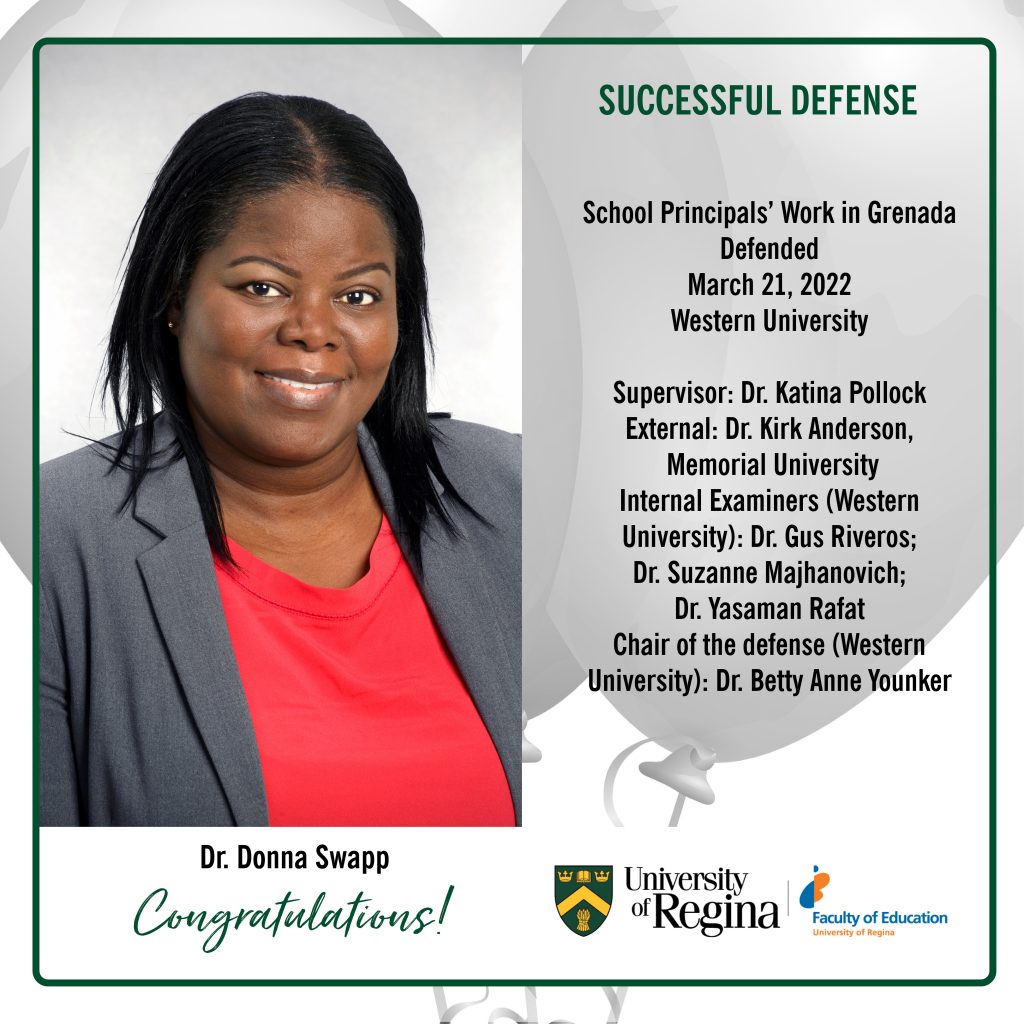 Congratulations to Dr. Donna Swapp, who successfully defended her dissertation “School Principals’ Work in Grenada” on Monday, March 21, 2022 from Western University.
Congratulations to Dr. Donna Swapp, who successfully defended her dissertation “School Principals’ Work in Grenada” on Monday, March 21, 2022 from Western University.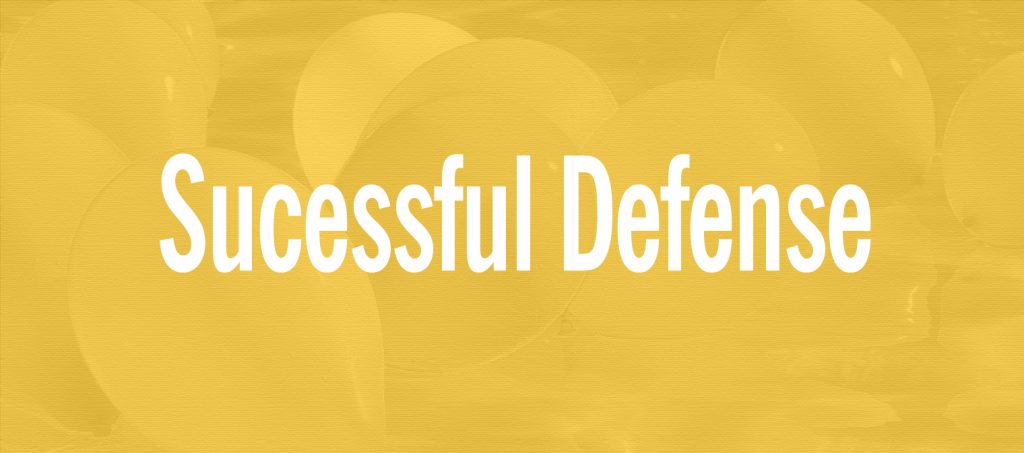
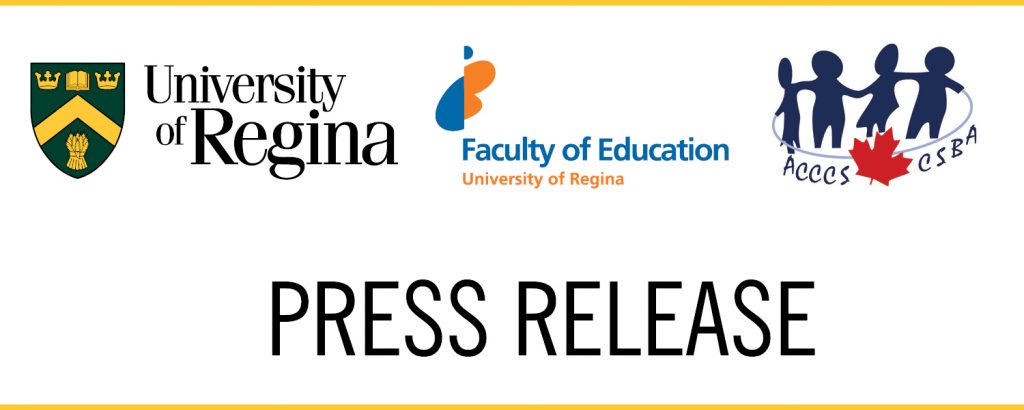
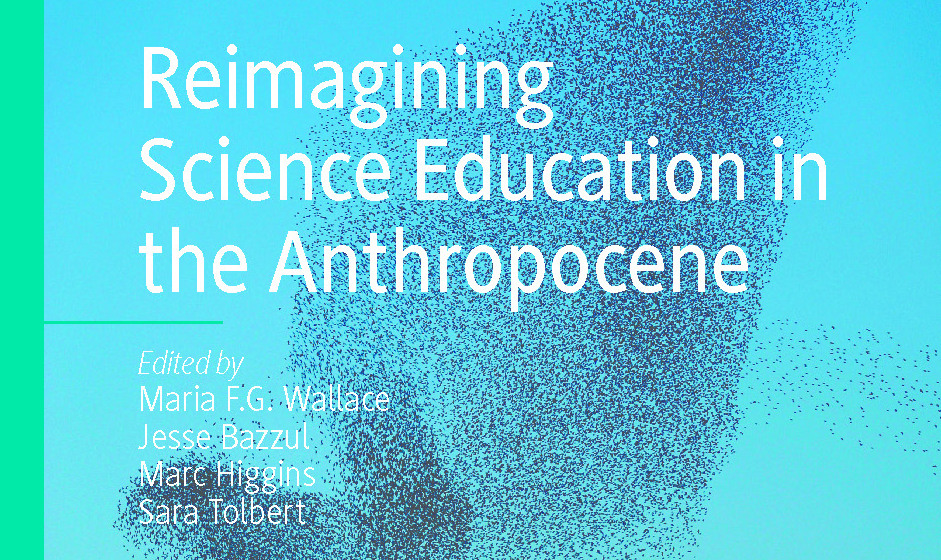

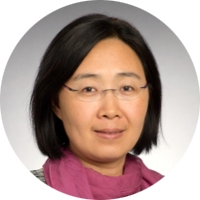
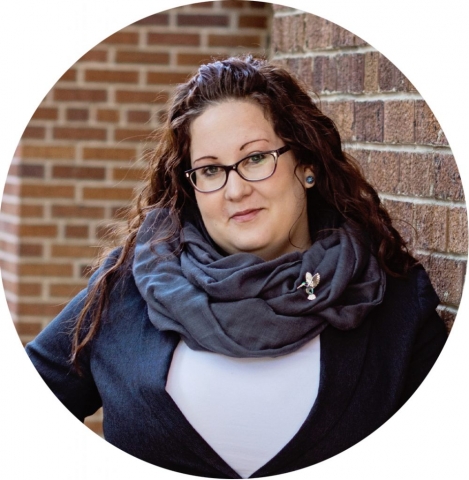
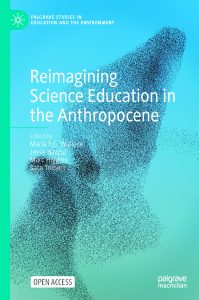
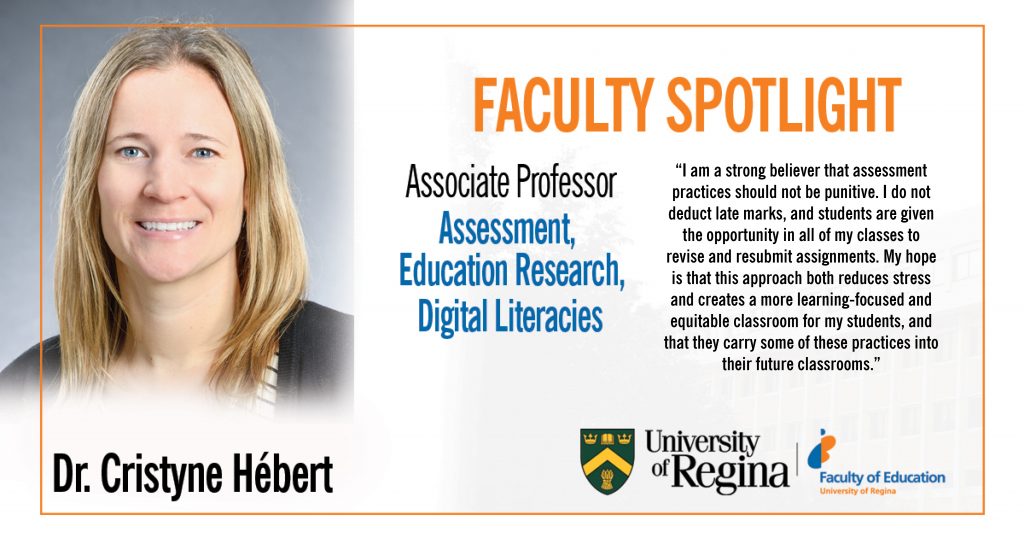
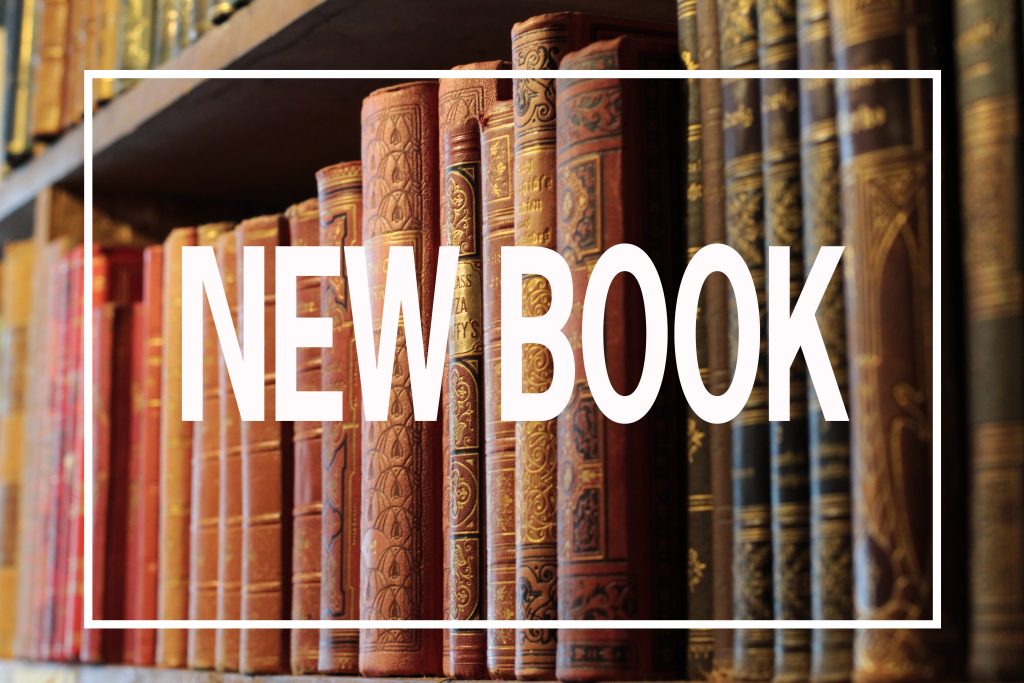
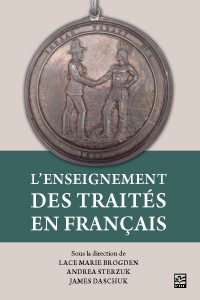 Congratulations to the Editors (alum) Lace Brogden (StFX) Andrea Sterzuk (UofR Education) and James Daschuk (UofR) on a new book L’enseignement des traités en français & to #UREdu faculty, students & alum chapter authors: Heather Phipps, Anna-Leah King, Michael Cappello, Claire Kreuger, Carrie Vany, Naomi Fortier-Fréçon, Leia Laing, Margo Campbell, and Sylvia Smith.
Congratulations to the Editors (alum) Lace Brogden (StFX) Andrea Sterzuk (UofR Education) and James Daschuk (UofR) on a new book L’enseignement des traités en français & to #UREdu faculty, students & alum chapter authors: Heather Phipps, Anna-Leah King, Michael Cappello, Claire Kreuger, Carrie Vany, Naomi Fortier-Fréçon, Leia Laing, Margo Campbell, and Sylvia Smith.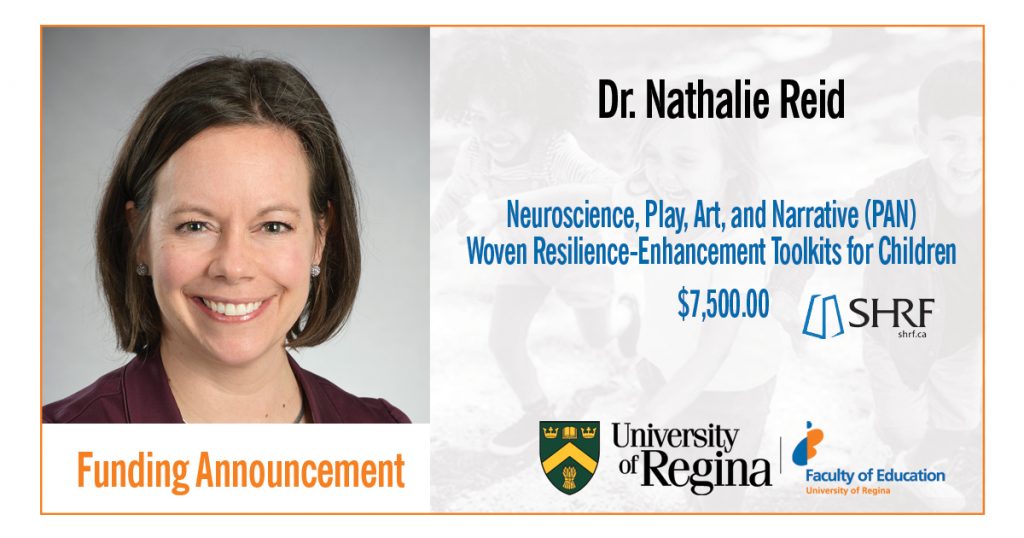
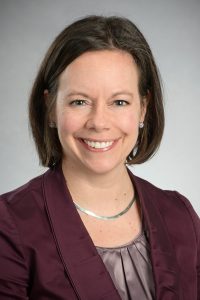
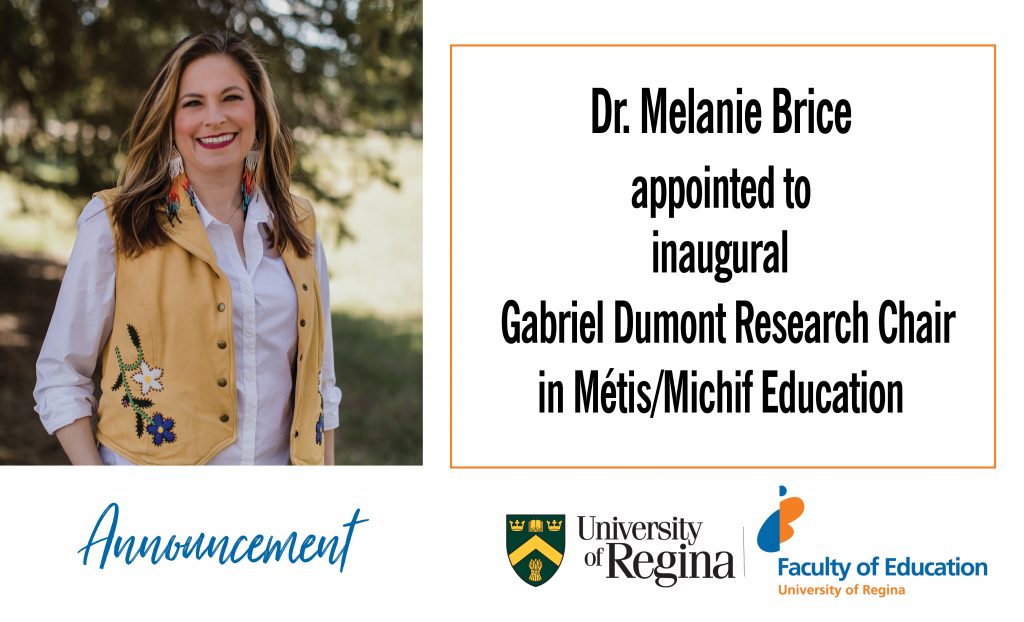
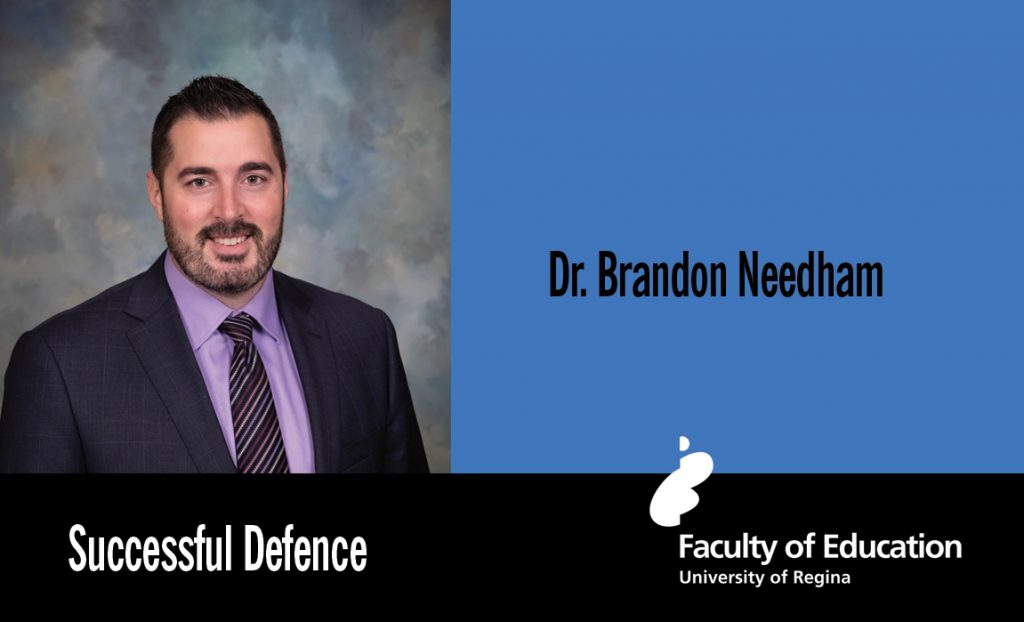
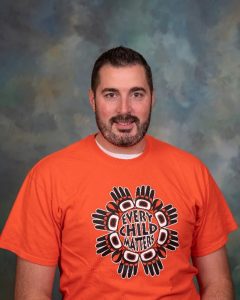
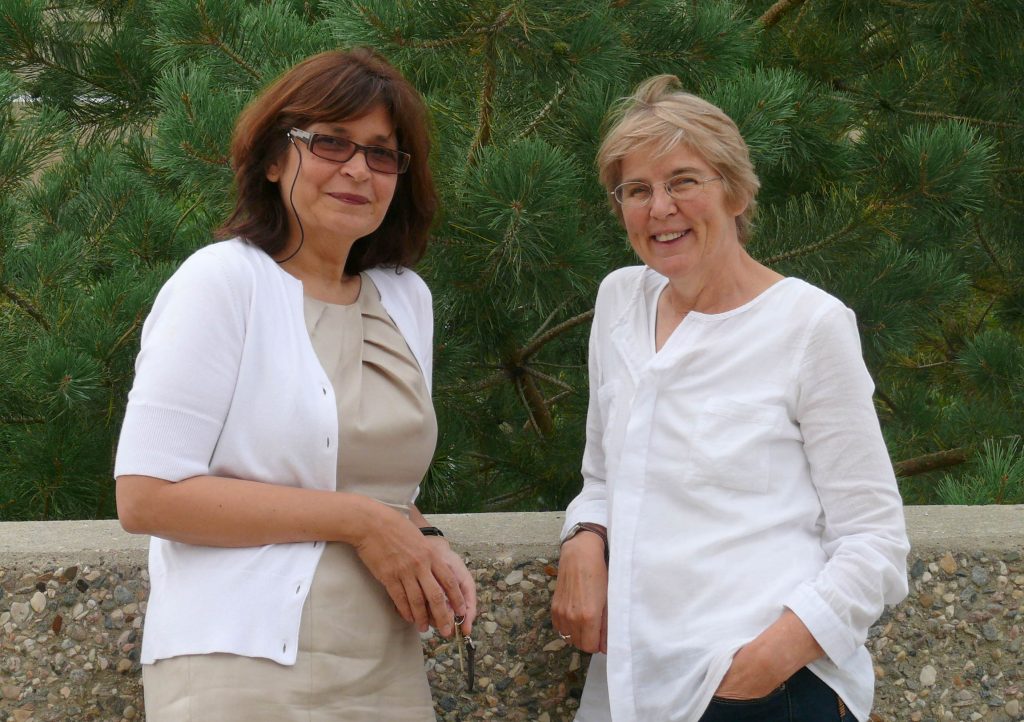
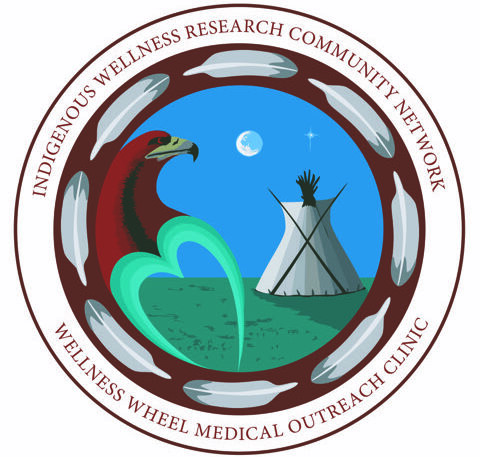
 Dr. JoLee Sasakamoose with the Wellness Wheel team is recipient of $49,982 from the Jim Pattison Children’s Research Grant program.
Dr. JoLee Sasakamoose with the Wellness Wheel team is recipient of $49,982 from the Jim Pattison Children’s Research Grant program.